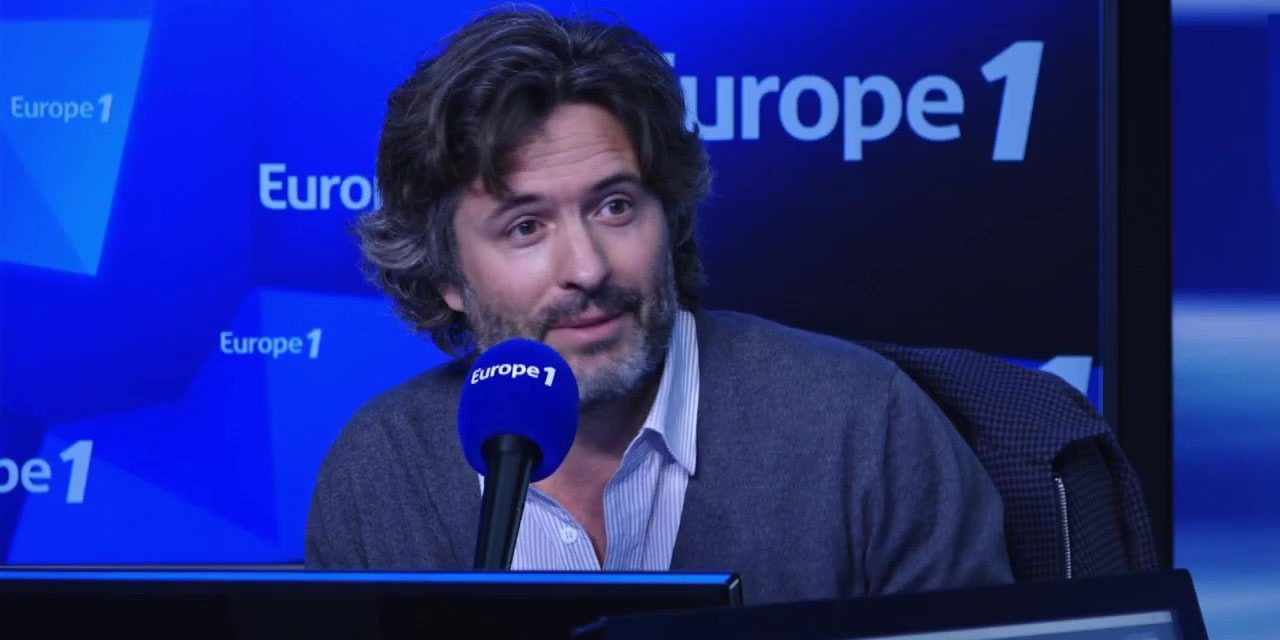INTERVIEW
Christophe Ono-dit-Biot, writer and deputy editor of the editorial staff of Le Point , publishes La minute antique (editions of L'Observatoire) on Wednesday, 220 "lessons" to reread the news through the prism of ancient history. "Sometimes we see the news better when we look at it from far away," says the journalist at the microphone of Matthieu Noël, on Europe 1. "Since I was a kid, I love these stories with fabulous princesses, beautiful weapons , horses with wings ... Now, I realized that all these stories have something to teach us about our time: #metoo, migrations, ecology, the disappearance of bees ... These topics that interest us today these people have already thought about them. "
The myth of Philomela, a response to the #metoo movement
Christophe Ono-dit-Biot discusses the major themes that have made the headlines in recent months, and draws a parallel with the myths that have marked the Antiquity. "We wondered for #metoo why women did not dare to talk," he recalls. "Ovid, in the Metamorphoses , gives the answer: women do not speak when they suffer violence from men because they have sliced their tongue."
The writer takes the example of the Athenian princess Philomela, who is raped by her brother-in-law, cut off her tongue and shut up. To be delivered, she weaves a tapestry where she recounts her abduction and manages to send it to her sister. "We are doing the same thing today on social networks," explains Christophe Ono-dit-Biot.
Another chapter with the evocative name: "The Roman tears of Alain Juppé". "When Alain Juppé bid farewell to politics, he shed a tear," recalls Christophe Ono-dit-Biot. "In antiquity, it was fashionable for an emperor to show off his tears because it shows that you have a heart, I think we end up like Alain Juppé to look like those we read."

